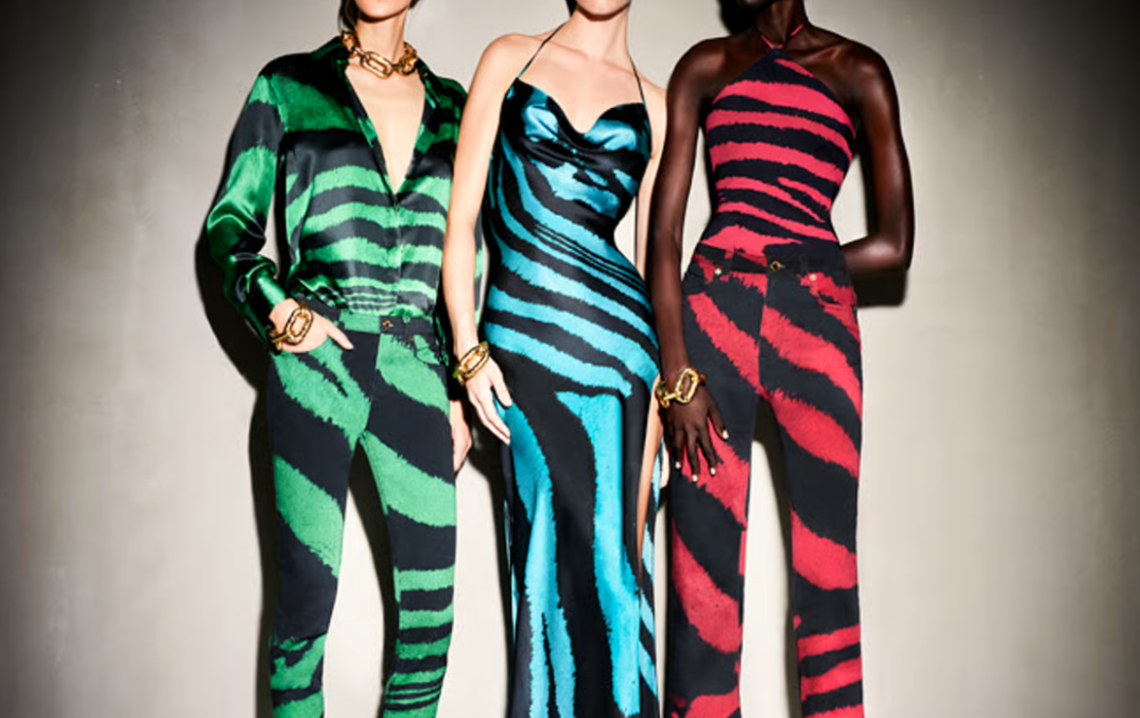While fashion typically looks ahead, a compelling new trend is emerging: leading brands are tapping into their rich histories to inspire fresh designs. This fusion of nostalgia and innovation was prominently showcased at Roberto Cavalli’s recent Spring/Summer 2025 fashion show in Milan. The event paid heartfelt tribute to the brand’s late founder, who passed away in April, featuring seven iconic archival runway looks that encapsulated his signature “wild glamour” and profound influence on early 2000s fashion and pop culture.
Creative Director Fausto Puglisi expertly translated Cavalli’s legacy into a limited-edition capsule collection titled “Zebra 2000.” This ten-piece line, available online and at the Milan flagship store, reinterprets classic motifs for today’s consumer. With pieces like slip dresses, shirts, bodysuits, and jeans in diverse colorways, the collection bridges the gap between Cavalli’s storied past and its modern identity. “I’ve always had an affinity with Roberto and have drawn multiple inspirations from his visionary work,” Puglisi noted, highlighting the delicate balance between honoring legacy and embracing innovation.
Cavalli’s approach is not an isolated case; it reflects a broader trend within the luxury fashion sector. As consumers increasingly crave authenticity and narrative in their purchases, heritage brands find themselves in a unique position to leverage their historical significance. This could herald a new era of cyclical creativity in fashion, where the past serves not as a limitation but as a wellspring of inspiration for future collections.


